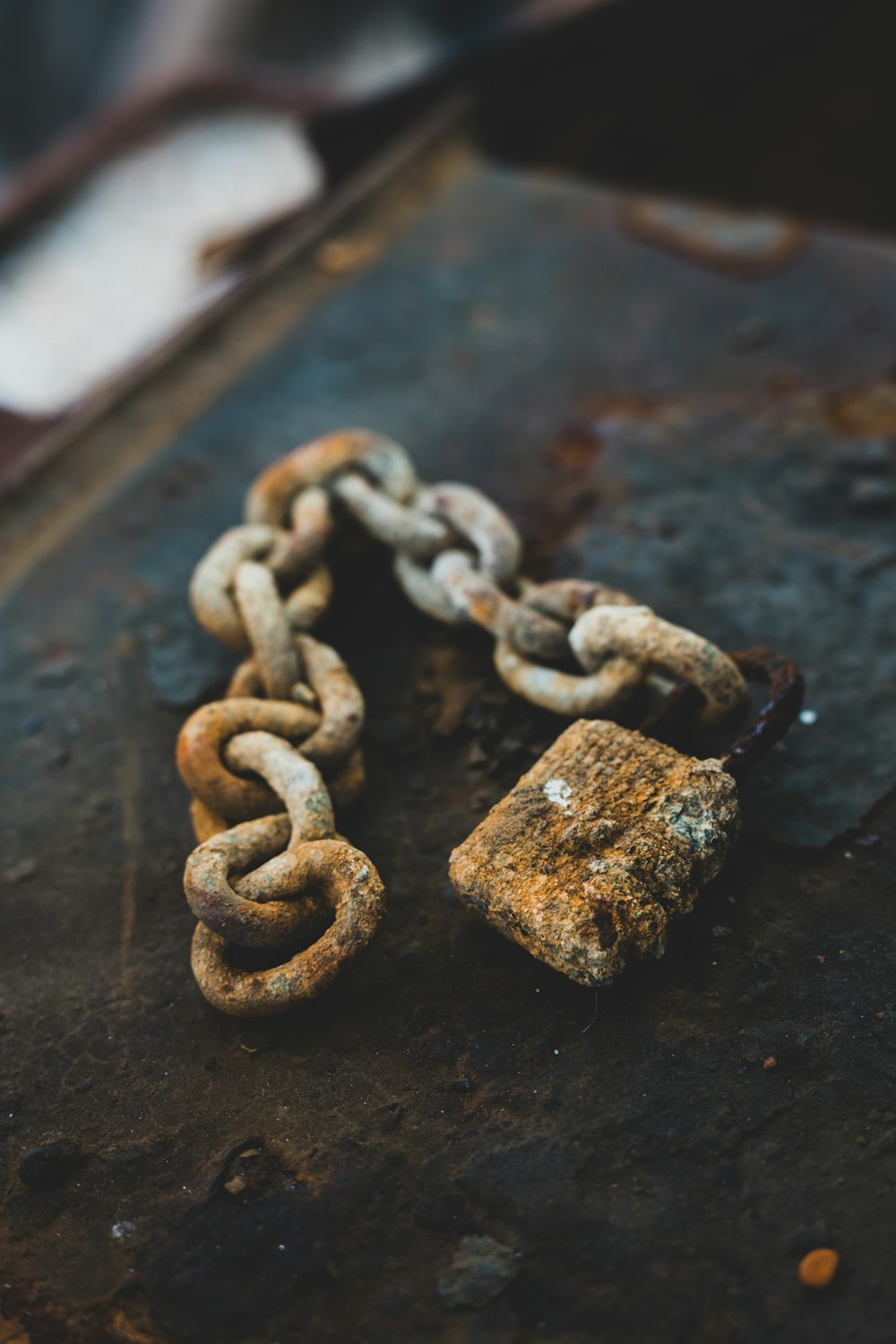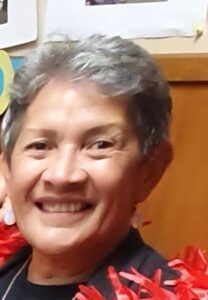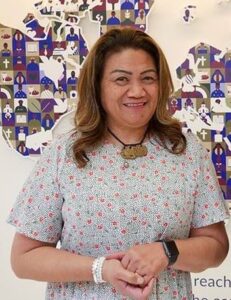
22 November 2020
Break the Silence Sunday is the church’s commitment to speak out against violence in our families, homes, community and society at large.
These service resources and suggested readings have been prepared by the members of the Christian Network – Talanoa and commended to the Fiji Council of Churches for their use. All churches are invited to use them.

The 16 Days of Activism Against Gender Based Violence runs from November 25 – the UN International Day for the Elimination of Violence Against Women to December 10 – International Human Rights Day. It is a global campaign to focus our efforts towards working to eliminate violence against women in our families, our communities and our world.
The Christian Network – Talanoa (CNT) instigated the Break the Silence Sunday (BTS) in 2013. It is a Fiji based ecumenical network of organised women’s and Christian women’s units working on removing the culture of silence and shame around violence against women especially in faith based settings. CNT was established in 2013. The network meets on a monthly basis at the House of Sarah Office, Anglican Diocese of Polynesia
LITURGICAL RESOURCES for Sunday 22 November 2020
SUGGESTED READINGS

Isaiah 65: 17-25, Psalm 55:1-8, 12-14, 20-22, Galatians 6:1-10, Luke 8: 40 – 56
SENTENCE: But as for me, I keep watch for the Lord; I wait in hope for God my Savor; My God will hear me. Micah 7:7
COLLECT:
God of majesty and glory, you reign over all.
In the midst of the powers and the principalities of this world,
Give us clarity to swear our allegiance to the only true sovereign,
To care for the least of our sisters and brothers
And to dedicate our lives to the coming of your kingdom.
Through Jesus Christ our Liberator,
Who is alive and reigns with you,
In the unity of the Holy Spirit,
One God, now and forever.
PRAYER OF INTERCESSION
Our Father, who art in heaven, Hallowed be your name. Your Kingdom come and may your will be done on earth as it is done in heaven. We thank you and we praise you for your endless love and for your promises that give us hope in our times of trouble and difficulty. We thank you for your peace and compassion that has enable us to overcome, so that we may enjoy life to its fullest. We thank you for your abundant provisions that has enable us to embrace life in abundance.
Lord hear our prayer!
Merciful God, we pray for the leaders of our nations for the church leaders and all those who are in authority in this world. May they have the courage to confront the injustices and violence in this world. Lord, grant them your wisdom and give them the strength to exercise your will and to be at the forefront to be able to create change where it is needed. May our country be a country of freedom, love and peace where everyone regardless of who we are respect and love each other as you commanded.
Lord hear our prayer!

Healing God, we pray especially for those who are sick in hospitals, in their homes, for those who suffer violence in their homes or anywhere else. We also pray for the children who witness abuse in their homes, that they may be strengthened and comforted with your love. We remember also the medical workers and those who care for the sick. Grant them dear Lord the strength and empower them to be your vessels as they share in your service.
Lord hear our prayer!
Help us Lord, to care for your creations, that we may be aware and understand that we are all important and precious for the survival of our planet. Give us the knowledge to respond to the different climate changes and the courage to respond obediently to your call. May we be responsive to the needs of our environment and live life in abundance.
Lord hear our prayer!
Lord, open our hearts, open our minds so that our hands and our feet may be willing to serve. May we learn to listen more to your Word and proclaim your Love through our actions and words. Let your Holy Spirit annoint us that we may have the courage and be bold enough to be a voice for the voiceless, to bring light where there is darkness, to bring comfort to those who are hurt. In Jesus mighty Name we pray! AMEN.
SERMON : Luke 8: 40 – 56
“My daughter, your faith has made you well. Go in peace.”
Sometimes our friends say to us – don’t worry about your problem. Just have some faith. Or when you are going through some tough times you might say to yourself – I can’t do this. I really can’t. If only my faith was stronger. Or we say – I should pray more. When you think about it, the focus is always – ourselves. My faith or my lack of faith.
Faith is this positive attribute that we all like to have in abundance. We think that may be if we just have a little bit more faith we will not be so sick. Or we will do better in the exams. Or we will not have so many problems.
But we forget that the Bible says that you can have a faith as small as a mustard seed and still move mountains. So it’s not the size or depth of one’s faith that’s important.
It’s WHO do we have faith in? Who are you trusting and relying on? Who are you praying to?
In the last few months, we in Fiji and many other parts of the world have been affected by the COVID-19 pandemic. As scientists try their best to look for a cure, there has been a lot of speculations also for the usage of herbal medicines. Churches also came together for prayers, as it looks for ways and means to protect and stop the spread of the corona virus. As people were restricted from congregating in churches, majority had worship in their own homes. Now that’s a clear example of what people are having faith in!
The two people in the story from the gospel we heard this morning had no doubts about who they had faith in. Jairus and the woman who was sick went to Jesus for new life and found it. Theirs is a miraculous story of faith.
But the story is not only about faith. At a deeper level Luke shares this story because it’s an example of how Jesus highlighted the injustices and abusive structures that existed in society at that time. Unfortunately that situation still exists today even here in Fiji!
When Jesus said “My daughter your faith has made you well. Go in peace, “his words of love, compassion and understanding overturned the religious and cultural norms of that society that divided people into the privileged and the under-privileged; the powerful and the weak; the oppressor and the oppressed.
When Jesus called this nameless woman, this woman who had been sick for 12 years – my daughter – he restored what society had taken away from her: her identity, dignity and humanity.
Furthermore Luke also showed that Jesus offers a new way of relating to one another that brings hope, restoration and fullness of life.
The original readers of Luke’s gospel would have understood the implications of the story we’ve just heard because they knew the social setting.
In order for us to understand the liberating power of Jesus’ words and actions as described in this passage, I would like us first of all to look at the context.
Notice that there are two main characters in the story: Jairus and his daughter and the woman with the hemorrhage.
These people belonged to two different classes in society. Jairus is a respected member of the synagogue. In fact he is one of the officials there.
He is from a privileged and powerful class in society. Because he is an official in the synagogue he is in a position of authority. They make the rules; they control the way people behave towards one another and they give rewards and punishment to those who deserve them.
The woman with the severe bleeding – is part of the poor; the disadvantaged; the oppressed and the ostracized. She lives on the fringes of society.
According to their religious tradition she would be considered “unclean” because of her hemorrhage. In fact she would be treated as an “outsider.” Everything she touched would be considered unclean; even if her shadow fell on someone, that person would be “unclean” too.
And so life for this woman would be lonely, isolated and depressing. Apart from the sickness that can’t be cured – she had spent all her money going from one doctor to another but with no success. Her life would be miserable and full of pain.
Here are two contrasting situations. But both their needs are acute. And both of them have come to Jesus for healing and restoration. Because of the laws of their religion, Jairus can easily access Jesus’ help whilst the woman, because of her condition and status, cannot.
Because of Jairus privileged position, he is able to go directly to Jesus, speak directly to him and ask him to come to his home to save his 12 year old daughter who is dying.
The woman cannot approach Jesus directly. Her religion and her gender does not allow it; Instead she comes from behind him and only touches the hem of his garment believing that she would be healed.
Try and picture that scene. There’s a crowd around Jesus. She is pushing her way to him, risking her life. Her faith in Jesus as the Messiah has given her the courage to seek him, no matter how dangerous the situation she finds herself in. And as we know from the reading, she was healed instantly when she touched the hem of Jesus garment.
For Jairus, Jesus finally goes to his home and brings his daughter back to life.
Several interesting things are highlighted in this story:
1. Notice that Jesus is not contaminated by the woman’s impurity. He actually acknowledges that someone touched him and that power flowed out from him. That power healed her brokenness and gave her the new life she was looking for.
Notice the reverse in action that takes place. Instead of him becoming “unclean” something positive and dramatic happens to the “unclean” woman. She is cleansed.
By this action Luke shows that Jesus destroys the power of religious beliefs that puts a lot of emphasis on the observance of laws, rules and regulations that dehumanizes people.
In stating that the power had come from Jesus to heal this woman, he was demonstrating that healing, new life, does not come from human efforts but it comes from having faith in God, and believing in Jesus as the Saviour.
2. Notice that Jesus took the trouble to find out who had touched him. There was a crowd around him. When Jesus asked, Peter tried to dissuade Jesus by saying – how can you know? All these people are crowding you. Anyone of them could have touched you. But Jesus insisted. He wanted to find out. And in doing so, he gives the woman the opportunity to come forward and tell her story.
This is Jesus caring for some unknown person. Not just any unknown person. She’s a woman and one with a bleeding disease. This is a no-no in their society. It’s a cultural taboo. A disgrace and embarrassment.
But not to Jesus. No person is too far away or too insignificant for him. He reaches out to her in love.
The woman who represents the poor, the oppressed, the disadvantaged – a person with so many obstacles in front of her is treated in the same way as a person from a privileged position.
By this action Jesus destroys the socially constructed barriers that try to keep her away from a fulfilled life. Jesus also demonstrates that whatever part of society one belongs to – whether one is rich or poor, male or female, Indian or i-Taukei, at Jesus feet, all are equal.
3. Notice that Jesus calls this nameless woman – my daughter. He immediately forms a link with her. Those words of compassion, of love, of grace – welcomes her into his family. He includes her. He breaks down that barrier that excluded her from society. He gives her a new identity. Makes her a valuable member of society. He restored what had been taken away from her by society: her wholesomeness. He not only heals her sickness but also her heart. And she becomes a part of the Kingdom of God.
Jesus invitation is given to everyone. Some hear it but allow the worries of this world, the obstacles in their way – to prevent them from accepting the invitation. The woman in this story heard the invitation and risked her life in order to be healed. All the social and religious barriers were there to stop her. But for her it was worth the risk to be healed, to be part of the Kingdom of God.
4. Notice that Jesus words are words of life and restoration. And they are transformative. In telling her that she had been made well and to go in peace, Jesus was promising her a new life, an abundant life, a resurrected life with Christ. For Jairus daughter, she was restored to life.
The new life promised to this woman and the young girl is available not only to those who are weighted down with the burdens of this world, but as is demonstrated by Jairus daughter, even someone who is spiritually, emotionally, dead. The dead will be brought back to life through Jesus grace and mercy.
The secret to all this is to answer the question – who do you have faith in? Who are looking for? Who are you focusing on to help you?
Jairus knew. The woman with the bleeding problem knew. Do you? Do you know who holds the key to life and everlasting life? Jesus is the key to life in all its fullness.
How might this passage speak to us today on this Sunday when we join the other Christian churches in marking Break the Silence Sunday?
To follow Christ, is to be his disciple. It is to show in the way you live your life every day, that you are living out Jesus message of love, forgiveness, and acceptance.
1) Jesus’ love is inclusive. It includes everyone. Jesus does not discriminate against anyone. Whether one is rich, or poor, young or old, male or female, gay or straight, disabled or whole, prostitute or doctor, drug addict or a clean living person, Christian or non-Christian, Jesus’ love extends to everyone. He loves you just as you are. And accepts you as you are.
Unfortunately many of us, we who profess to be followers of Christ, tend to limit God’s love. We exclude those who don’t share our views, those who disagree with us, those who are
different from us. Many of us go as far as to say – you are not welcome into the church because you are a sex worker or you haven’t been born again or you are a divorcee or you are gay.
The Bible is full of stories where Jesus ate with those who were considered sinners, e.g. Zacchaeus the tax collector, Mary Magdalene the prostitute. Jesus lived a life that challenged the religious barriers that were evil and destructive.
This morning Luke’s gospel reaffirms that the God we worship embraces everyone. Let us not limit God’s love by our attitudes and prejudices.
Reach out to those who society considers as being on the “fringes” of society.
Speak out against violence, abuse, discrimination, corruption.
b) Jesus’ love overcomes all barriers – barriers of race, creed, gender, social status, class. Barriers that divide people and separates, that dehumanizes. In calling her “daughter” he broke down all the barriers that cast her in the shadows that made her a non- valuable part of society. He acknowledged that she was someone: she was a child of the King of Kings; she belonged to the Kingdom of God. That would have been considered an extremely radical thing to do. But Jesus was challenging the abusive structures of society that separates people and treats them differently and unjustly.

c) Jesus stands up for those who are hurting, the downtrodden, those who are ostracized from society, those on the periphery – considered outsiders – because of whatever situation they are in. He not only speaks up for them but also acted. The sick woman is representative of the weak, the vulnerable, and the voiceless in society, those who are discriminated against, those who are victims of violence, of abuse. Yet Jesus healed her and restored her to her rightful place in society.
I pause here to say to we, the church – if Jesus can stand up to say to say to the perpetrators of violence in this story, to the powerful , the abusers – stop what you are doing. It is wrong. It is time for the church to also speak out against the injustices in society, violence in all its forms and especially gender-based violence.
For too long the church has been silent and has been labelled as a gatekeeper: condoning violence and not calling the perpetrators of violence to account for their actions.
For too long the victims of gender-based violence, the survivors- some of whom are sitting in the pews of our churches – these women who are the backbone of our churches – have been waiting for the church to come alongside them and support them. Waiting to hear that the church is taking a stand and preaching about the evils of domestic violence. Waiting to hear that males and females are created equal in the eyes of God. Waiting to hear that when a husband beats his wife he has broken the vows of marriage to love and cherish.
The good news is: today marks a new beginning for the church. Today we join the other members of the Fiji Council of Churches in saying – Violence in any form, and especially violence to women and children, is un- Godly. It is not the saw of Christ. It is evil and a sin.
Break the Silence Sunday is the churches commitment to speak out against violence in our families, homes, community and society at large.
It is the beginning of a concerted effort by the churches – to stand in solidarity with one another – with other Christian sisters and brothers – to make a difference in the lives of our worshipping communities. To bring about a safe church, safer homes and safe communities.
Let us Pray
Loving God, you are the one who desires that all people be brought into right relationship with one another and with you. Show us the path to justice and peace in our families, our communities and our world and fill us with your transforming power………….AMEN
——————————————————————————————————————–

note: The campaign spans 16 Days in order to highlight the links between ending gender-based violence and human rights values and that gender based violence is an international human rights violation.
BTS Sunday is marked on the Sunday immediately preceding November 25. This year, BTS Sunday will fall on November 22. However if the day does not suit some of the member churches, it is suggested that they choose another Sunday from 25 November to 10 December.


